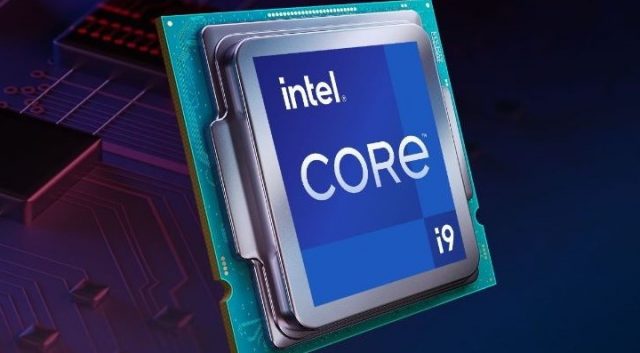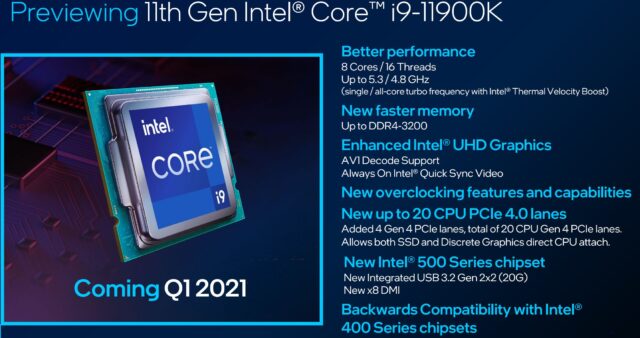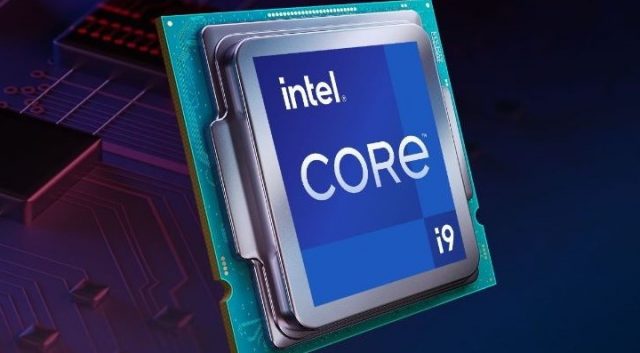[ad_1]

If you were in a coma, just woke up, and were planning on upgrading to a Rocket Lake CPU, you better move quickly. Intel has published a “product change notification” stating a “discontinuance program” has started for its Rocket Lake CPU line. That program began on Feb. 6, so the end-of-life clock is already ticking. Rocket Lake launched in March 2021 and was the company’s final 14nm product. Intel replaced it with Alder Lake just seven months later as the company finally, finally moved to Intel 7 (formerly known as 10nm) for its desktop CPUs.
Intel’s guidance states the discontinuation program has already started, but the CPUs won’t disappear overnight. Businesses still have until Aug. 25 to send their final orders to Intel. That includes boxed (DIY) and tray (bulk) orders, which are unsurprisingly non-refundable. We imagine there won’t be too many of those pouring in over the next few months, given its age. The final shipment date for any Rocket Lake CPUs comes on Feb. 24, 2024. It’s also discontinuing the 400 and 500 series chipsets along the same time frame, according to Tom’s Hardware.

(Image: Intel)
Rocket Lake was a weird product for Intel. On the one hand, it marked the company’s first semi-new architecture in a very long time. As we noted then, it differed from Skylake, Kaby Lake, Coffee Lake, Whiskey Lake, and Comet Lake by using the Cypress Cove architecture. However, that was based on the 10nm Ice Lake mobile architecture with Sunny Cove, which was backported to 14nm for Rocket Lake. This allowed Intel to achieve the higher clocks it needed to compete with AMD.
Despite its high clock speeds, the fact that Intel had released another eight-core CPU on the 14nm process was the source of many an eyeroll. By then, AMD was already on 7nm via TSMC and had a 12-core, 24-thread CPU in the Ryzen 9 5900X. The Core i9-11900K’s high clock speeds and single-threaded performance allowed it to compete against AMD in gaming. However, in multi-threaded tests, it couldn’t hold a candle to the Ryzen 9.
All in all, this marks the closing of a chapter of Intel’s history that we imagine the company is eager to forget. Its struggle to jump nodes from 14nm to 10nm is one of legend that allowed TSMC to surpass it. When Rocket Lake arrived, AMD was firmly in control of the enthusiast market. The launch of the 11th gen CPUs did little to change that. It has been able to turn the tide with its Alder and Raptor Lake architectures. However, with those in the rear view, it finds itself on the precipice of a node jump once again. It’s looking to move from Intel 7 to Intel 4 for Meteor Lake, due in 2023. The question is whether history will repeat itself.
Now Read:
[ad_2]
Source link

